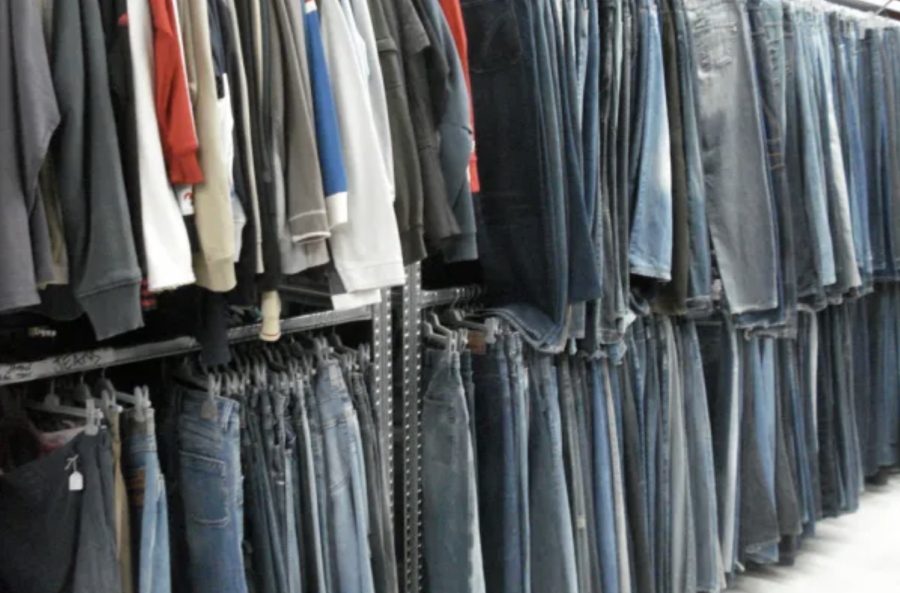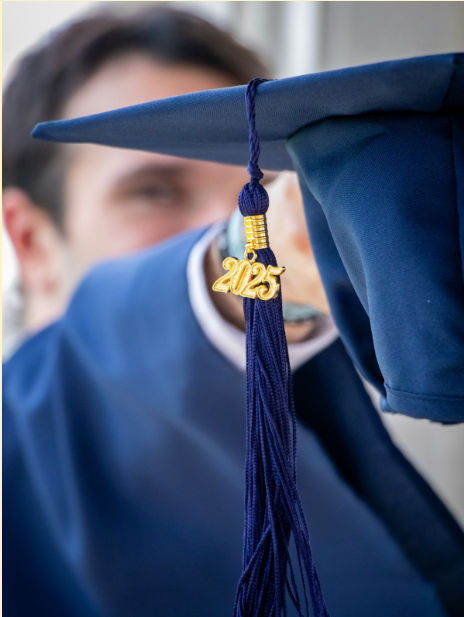What Happens to Clothes After We Return Them?
Some companies sell their returned items to discount stores, rather than discarding them into landfills.
March 24, 2023
How often do you return the clothes you buy online? Do you know what happens after you return them? Many people believe that the clothes they return go back to the company and are put back up for sale. Unfortunately, this is often not the case.
According to NPR, the total value of items returned by United States shoppers in 2021 was over $1.5 trillion. As online shopping continues to gain popularity, returning is getting easier and easier, and more companies will do it for free. So why not buy three pairs of jeans to find your perfect size, or a shirt you want to try on to determine if it is ugly or not? The answer comes down to the serious environmental consequences of these returns.
Most clothes, instead of just going back on the shelves, are simply thrown in the landfill. Companies have to determine whether the cost of repackaging, shipping and assessing the items is worth the potential profit. Additionally, many companies often do not have personnel dedicated to these specific jobs. All of this results in the clothes getting dumped in the landfill.
In order to get the most profit from returns, companies often sell their products to middlemen or discount stores. While it is good that these items are not being thrown into the trash, they are still being shipped all around the country, or even the world.
Shipping is responsible for more than 18 percent of air pollutants and also contributes greatly to carbon emissions. Sometimes, even after that transportation back to the store or distribution center, the clothes will still be thrown out or even burned. According to Bold Metrics, some designer brands say they burn returns in order to keep the value of their products high.
“Burberry, for example, admitted to burning (yes, physically burning) clothing and accessories that did not sell, and fast-fashion retailer H&M admitted to burning 15 tonnes of clothing that they decided were not in good enough condition to recycle,” Bold Metrics reported.
Some companies try to handle returns in a more ethical fashion. The North Face, Prana, NAU and other brands are working with specialized companies to reduce the negative impact of returned items. Optoro, a software company founded by Tobin Moore and Adam Vitarello, works with large fashion brands to help them resell their returned items. If these brands continue to work to lower their footprint from returns, environmental impact from returns will continue to decrease.














